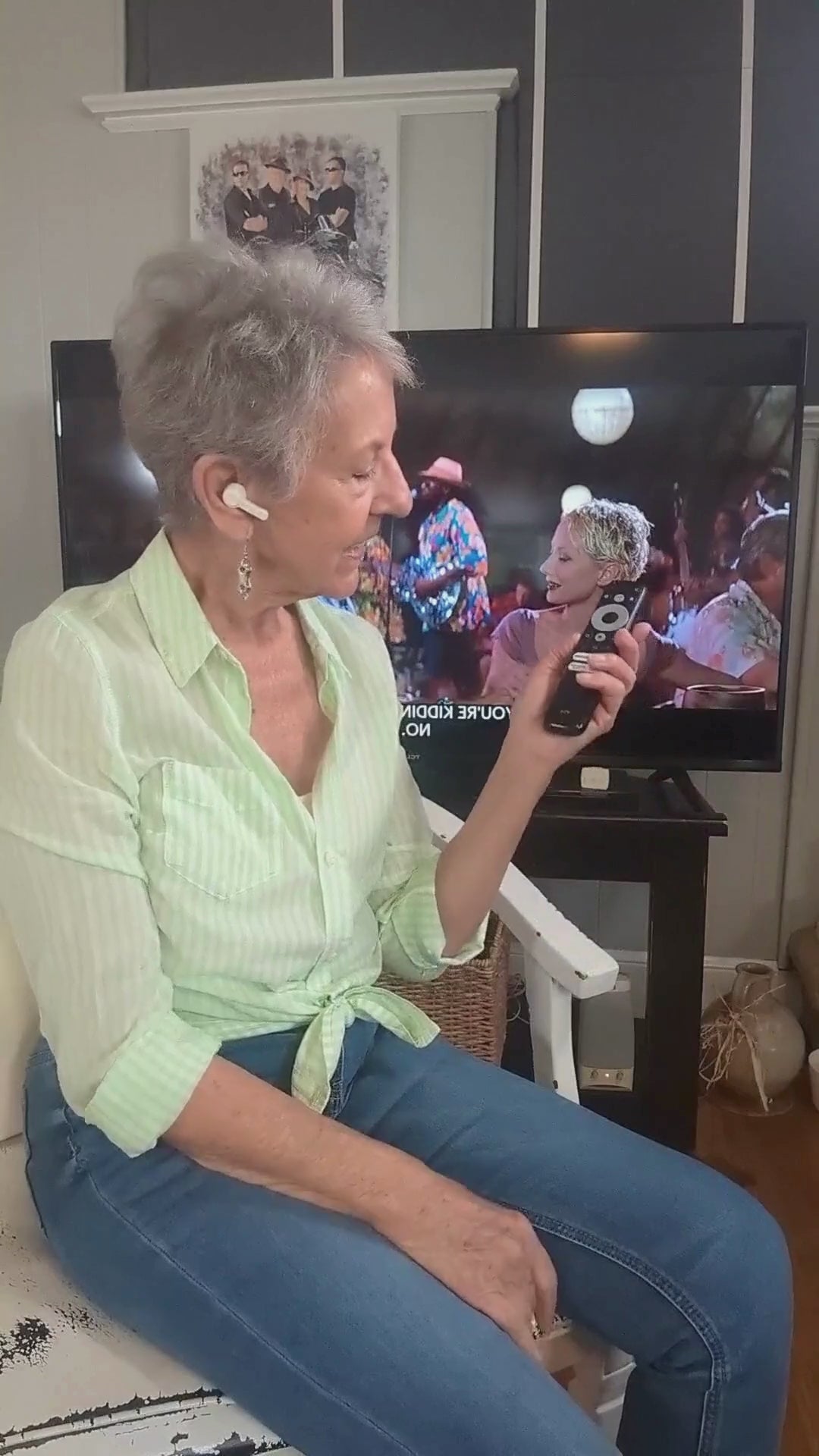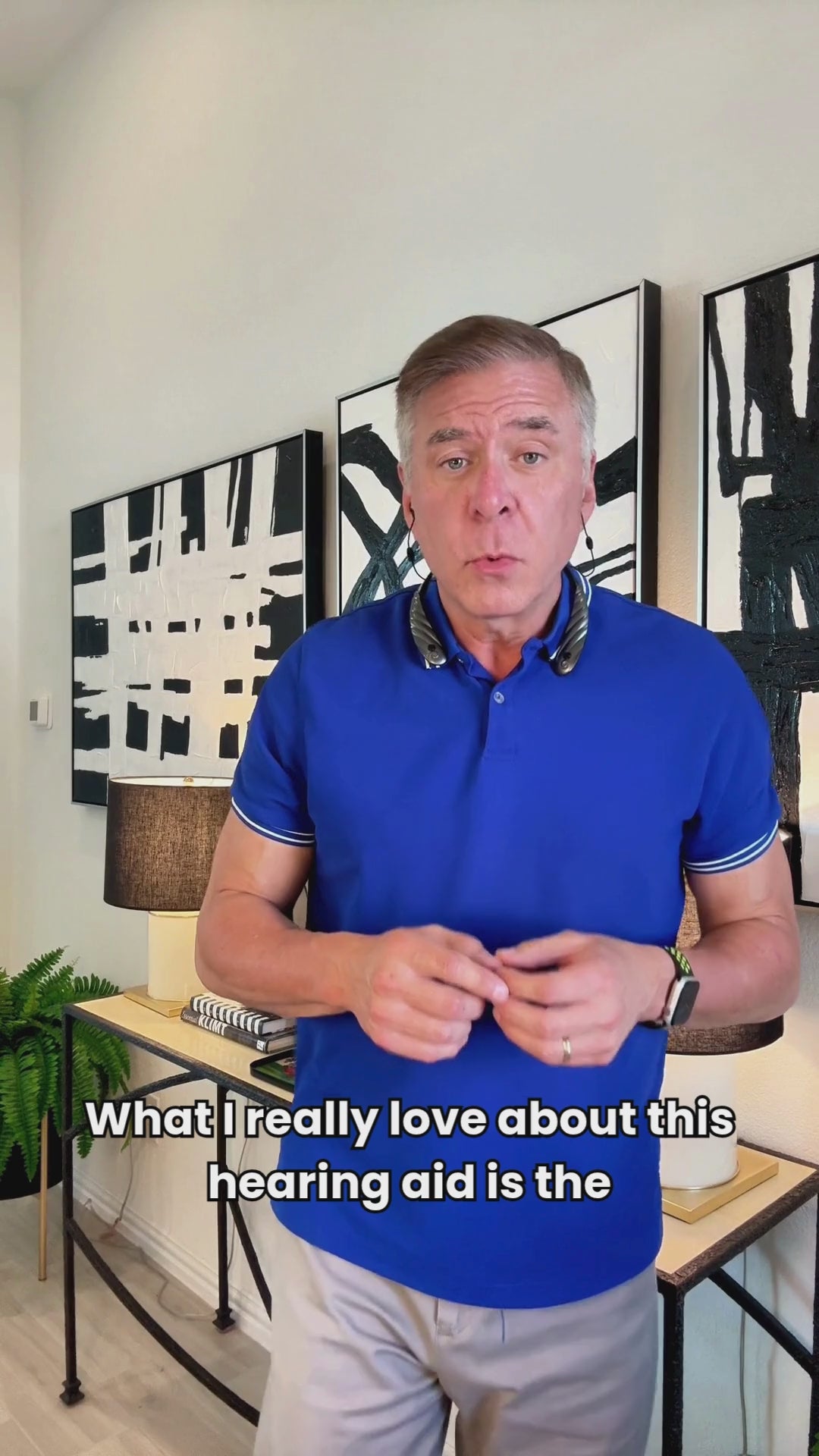Over-the-counter (OTC) hearing aids are devices that make sounds louder.
- Are approved for adults 18 years of age and older
- Are indicated for individuals with mild to moderate hearing loss
- Are available in stores or online and the consumer is responsible for setting up the device, including fitting and tuning the sound
- Do not require a hearing exam or prescription from a physician or a hearing-health-care professional
Although not required, any consumer can get a hearing test from an audiologist before buying OTC hearing aids. The key benefit is finding out if an OTC hearing aid device can be useful for the consumer’s hearing loss. Not all hearing loss is the same. Through a visit to the audiologist also can provide support on how to use the OTC hearing aids.
OTC hearing aids are meant to be less expensive than professionally fitted hearing aids. Reasons for lower cost include technology differences and buying only the device and not any professional services.
The Food and Drug Administration (FDA) Reauthorization Act of 2017 directed the FDA to establish and develop regulations for a class of OTC hearing aids in response to demands by consumers and other government agencies for affordable and accessible hearing aids in the United States. The FDA is in the process of finalizing regulations that will apply to this new class of amplification devices. These rules will include the following:
- How loud these devices can be
- What labeling will be required on the outside and inside of the box that these devices come in
- What requirements are related to the sale of these devices.
Studies show that the average person waits 7–10 years after first experiencing symptoms before seeking professional hearing help. Studies also link untreated hearing loss with an increased risk of depression, falls, and earlier onset of decline in thought processes. One goal of OTC hearing aids is to provide more timely access to lower-cost hearing aids.
OTC hearing aids may be a good first step in getting people situational hearing help earlier; however, when individuals need a more customized solution, have complex medical needs (e.g., difficulty using hands or problems with thought processes), or have an increasing degree of hearing loss, they need to involve an audiologist to create a comprehensive plan of care.
Professional services before, during, and after hearing aids are fit may not be available for OTC hearing aids. An audiologist is a doctoral level professional, who is trained to evaluate hearing, diagnose hearing loss, and help optimize hearing health and communication through safe and effective use of all hearing aids, including those available OTC when indicated. Audiologists also counsel individuals about the appropriate care and use of hearing aids, realistic expectations, and benefits and risks associated with the use of either OTC or prescription hearing aids.
No matter what type of hearing aids you choose to try, an audiologist can help ensure you get the most out of them. The audiologist can also ensure all your hearing healthcare needs are addressed over time as your hearing or the demands on your hearing change.










